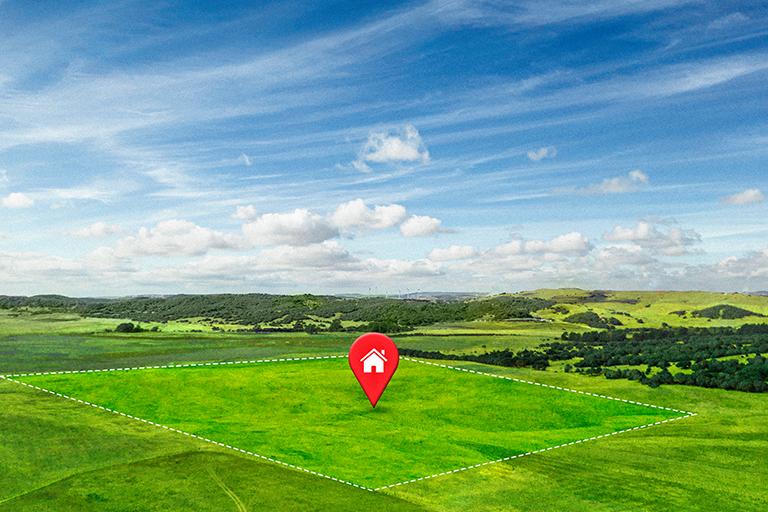Buying land is a big decision, whether for building a home, farming, or investment. Unlike buying a home or commercial property, land requires specific considerations to ensure it meets your needs and is a good investment. In this article, you will learn the eight simple but important tips that will help you evaluate land for sale before buying.

1. Check the Location Carefully
Keep in mind that location is crucial when you are buying land. Think about its proximity to amenities like schools or other essentials. Also, think about how accessible the land is by main roads or highways. Additionally, choosing a remote piece of land may be peaceful, but it can be inconvenient if it’s too far from services or workplaces.
2. Understand the Zoning Laws
Before purchasing, you should check the zoning laws in the area, especially if you’re looking at properties like the land for sale NSW offers. Zoning laws dictate how the land can be used—whether it is for residential or industrial purposes.
Even if a piece of land looks perfect for a home, zoning restrictions might prevent you from building. That is the reason why you should n’t forget to speak with local government offices or a zoning consultant to verify you can use the land as you plan.
3. Assess the Topography and Soil Quality
Take note that the land’s topography—its slope or flat areas—can impact how you use it. For example, land on a steep slope might be challenging to build on and may require extra work to level it. Also, soil quality matters, especially if you plan to grow plants or farm. Consider hiring a soil expert to test the land’s soil type and quality, ensuring it suits your plans.
4. Look for Available Utilities
Confirm if the land has access to basic utilities, such as water or the internet. Installing these from scratch can be expensive and time-consuming. If utilities are not readily available, research the costs of bringing them in, which can vary depending on the land’s location. In some cases, it might be worth looking for a different piece of land with utilities already in place.
5. Evaluate Drainage and Flood Risk
Always remember to evaluate how water drains on the property. Poor drainage can cause flooding or standing water, which can damage structures and lead to higher maintenance costs. If the land is in a flood-prone area, you may need to build a foundation that’s safe from potential flooding. You can find flood maps online or consult with local government agencies to determine if the land is in a flood zone.
6. Inspect Legal Issues and Title
While buying a land, verifying its legal status is essential. Ensure the seller has a clear title to the land, meaning the seller is the legal owner and can sell it. Work with a real estate attorney or title company to do a title search, which reveals any legal dispute or unresolved claims on the land. Furthermore, this process will protect you from legal headaches in the future.
7. Consider Access and Easements
Easements allow others access to certain parts of your land for specific purposes. For instance, a neighbor might have the right to cross a section of your land to reach the property, or utility companies might need access to install cables or pipes.
On top of that, learn about any easements or access issues before buying, as it could affect how you can use the land. Additionally, confirm that you have legal access to the property itself; some land parcels are “landlocked” and don’t have direct access to a road.
8. Factor in the Total Cost, Not Just the Purchase Price
Think about the expenses for preparing the land for your intended use, such as clearing trees, leveling the ground, or bringing in utilities. You may also need to pay for permits or legal services. Aside from that, you should consider the cost of property taxes in the area. By accounting for these expenses upfront, you’ll have a clearer picture of what owning the land will truly cost.
Invest Wisely, Build Confidently!
Purchasing a land is an exciting investment, but it’s essential to carefully evaluate each factor to ensure the land suits your goals and budget. From understanding zoning laws to assessing flood risks and total costs, taking the time to check each of these aspects will help you make a smart decision.
Be patient, seek expert advice when needed, and don’t hesitate to walk away if a piece of land doesn’t meet your needs. By following these tips, you’ll be well-prepared to buy a piece of land that brings value and potential for years to come.
To read more content like this, explore The Brand Hopper
Subscribe to our newsletter
Go to the full page to view and submit the form.

